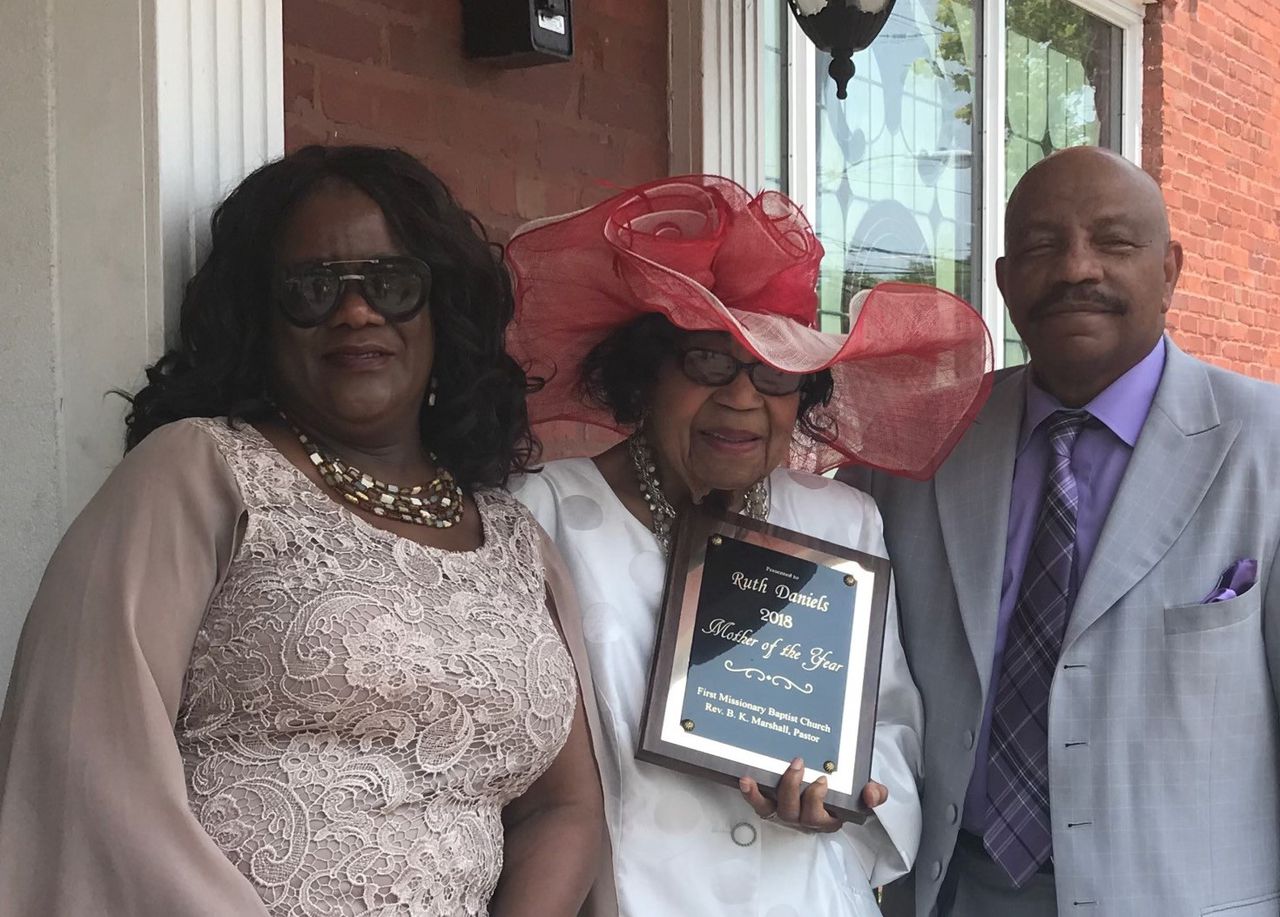Archibald: Alabama woman lives the power of belief
This is an opinion column.
Nobody thought the conservative U.S. Supreme Court would side with Alabama plaintiffs in a landmark voting rights decision last week that could give Black voters a bigger, fairer voice in Alabama and across the U.S.
Not many, anyway.
The pundits and pols sure didn’t see it coming. Me among them. Even some of the plaintiffs flirted with pessimism.
All but one.
“Letetia (Jackson) is the one plaintiff who always thought we would win the case,” lead plaintiff Evan Milligan told me in a text. “That def was not my perspective.”
Other plaintiffs told me the same. That Jackson, a 66-year-old Dothan native who has seen enough politics to drive most people to despair and disillusion, believed it all along.
So I had to ask her. Why? How? After the perceived gutting of the Voting Rights Act and an increasingly political court, how could somebody who has seen as much as Jackson stay so positive?
“I just felt it in my gut from the beginning,” she said. “I was like, we’re gonna win this case you guys. And I kept telling everybody.”
But why, I asked again. How?
What she told me left a mark.
“I think a lot of it has to do with my general optimism and faith and belief that when you are on the right side of an issue … you ultimately will win.”
She remembered her own mama, Ruth Daniels, telling her that “truth crushed to earth will rise again.”
And she believed it. She had faith and resolve and the blisters to back it up. She had faith in her lawyers and the facts and her country.
“It just seemed it would be a real stretch in my opinion for the court not to rule in our favor,” she said. “And I think that it would have solidified the fact that the court has moved from the premise of being equal and colorblind, that it stands on the rule of law.”
She believed in the power of Justice Ketanji Brown Jackson’s comments to her colleagues in a hearing last year, in the history Justice Jackson told about the way the framers considered race in adopting the equal protection clause.
She believed in the power that comes from having diverse representation in any room, as Justice Jackson embodies on the Court.
“It actually matters who advocates for right,” Letetia Jackson said. “Not just for you, because I don’t want anyone advocating for me because I’m Black if I’m wrong. I want them advocating for me because it’s right, it’s just, and the facts bear that out.”
It’s her kind of belief that serves as fuel. The kind of tenacity that gave people like John Lewis the strength to walk across Edmund Pettus Bridge in Selma, knowing he would walk into pain and danger. It’s the kind of faith that powered Rev. Fred Shuttlesworth to walk past klansmen to try to enroll his daughters at Phillips High School in Birmingham in 1957. He was beaten with chains, because it was worth it.
It’s the kind of belief that only comes from trusting that the arc of the moral universe really does bend toward justice, as a preacher named Theodore Parker said in the 1850s and a preacher named Martin Luther King Jr. made famous more than a century later.
Letetia Jackson believes that arc bends for the better. Just as those people did.
“Somebody had to believe, and somebody had to think ‘We can do this. We can win this fight. We might pay a very heavy price, but justice will rule, justice will prevail,’” she said. “I am a firm believer that no matter whatever else happens, justice is going to prevail. It may take some time and it may not look pretty, but in the end, justice is gonna prevail.”
Jackson was right about the Supreme Court decision last week. Let’s just hope she’s right about the universe.
John Archibald is a two-time Pulitzer Prize winner for AL.com.
